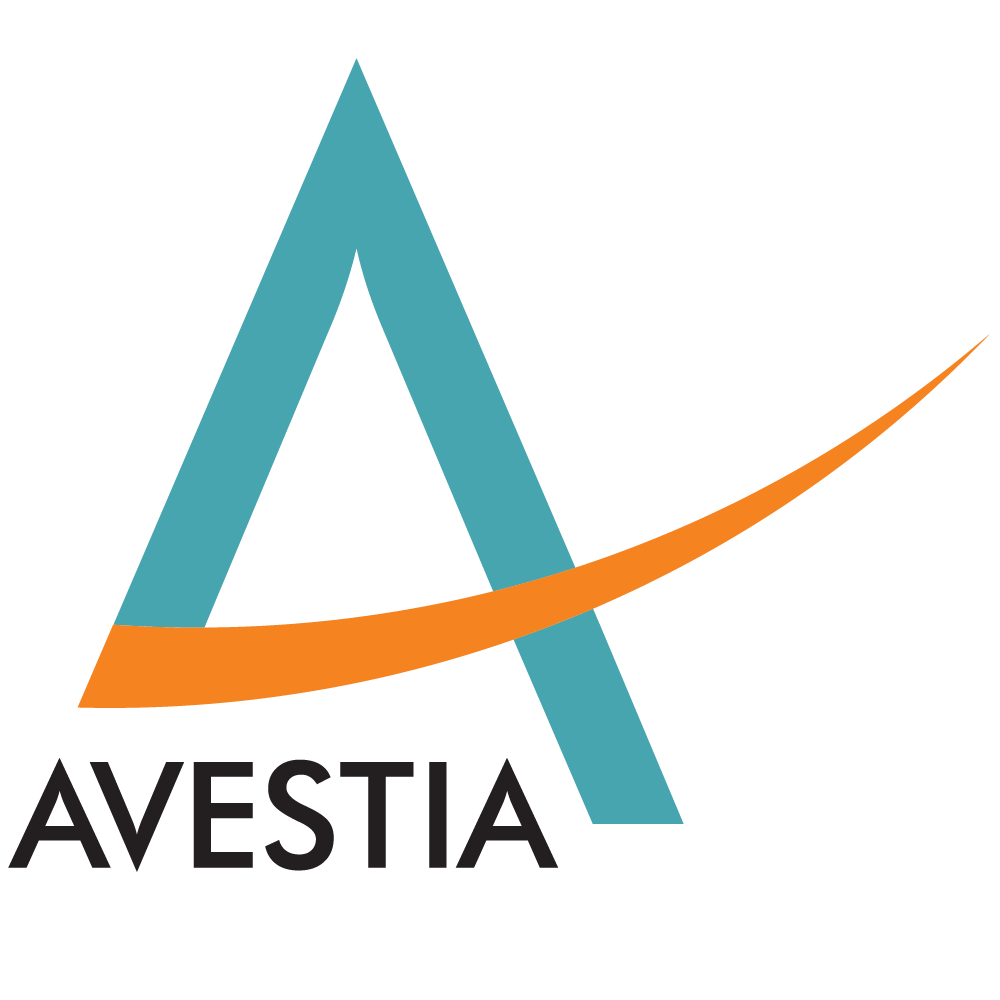Shravani Gote
Abstract: Lung cancer is the leading cause of cancer death worldwide among men and women, and non-small cell lung cancer (NSCLC) accounts for 85% of all diagnosed lung cancer cases in the United States. Mutations in the epidermal growth factor receptor (EGFR) gene cause continuous activation of the EGFR and its downstream signalling pathways involving cell proliferation and apoptosis, leading to excess cell division and tumor growth in NSCLC. EGFR Tyrosine Kinase Inhibitors (TKIs), a targeted therapy for NSCLC patients with EGFR mutations, bind to the ATP-binding site of EGFR and prevent the activation of downstream signalling pathways and slow or stop the growth of cancerous cells. The objective of this study is to evaluate the performance and the cost of three TKIs - Gefitinib, Afatinib, and Erlotinib - within the real world setting. This evaluation was conducted by assessing trends in reported adverse events, costs, and prescriptions using data collected from the FDA Adverse Event Reporting System (FAERS) and the Medicare Part D Database. This work is novel because it is the first to use both FAERS and the Medicare Part D Database to track trends in the aforementioned variables over multiple years, allowing for a comprehensive analysis of the real world effectiveness and economic impact of the three TKIs. From 2001 to 2024, Gefitinib recorded 8,543 adverse events, Erlotinib recorded 14,725, and Afatinib recorded 6,193. The three TKI treatments cost American patients approximately $2.8 billion in total. Analysis of the data revealed that the adverse event rate was higher among the first generation TKIs in comparison to their second generation counterpart and highlighted the significant financial burden TKI treatment puts on patients. Future work should focus on improving the safety of TKIs by monitoring their adverse events and increasing the affordability of these life saving drugs.
Keywords: EGFR tyrosine kinase inhibitors (TKIs), Epidermal Growth factor receptor (EGFR), Adverse Events Profile, non-small cell lung cancer
Date Published: October 8, 2024 DOI: 10.11159/jbeb.2024.004
View Article